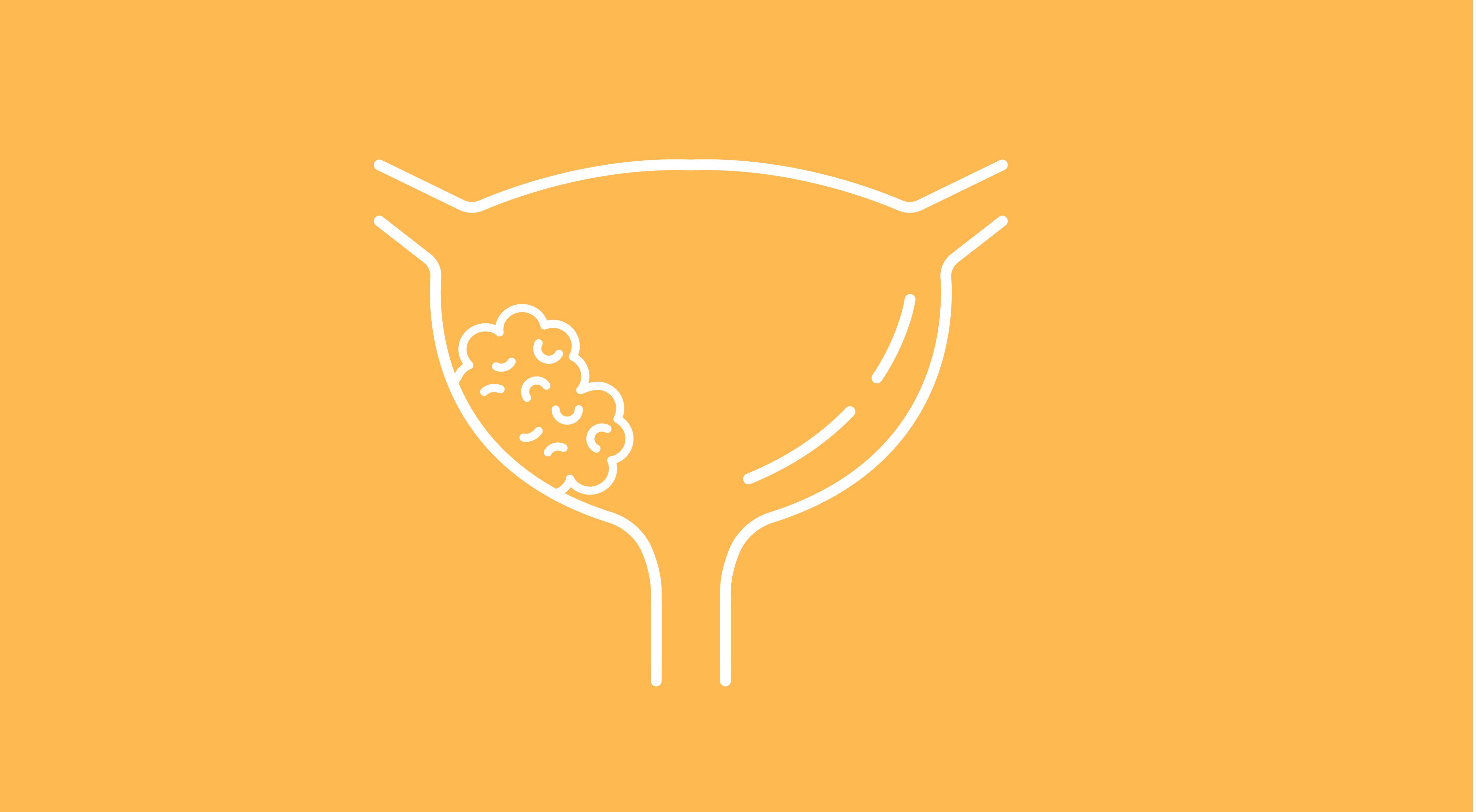Newer Urothelial Cancer Drugs Are Effective But Pricey
Frontline treatment with enfortumab vedotin/pembrolizumab is associated with the highest healthcare costs for patients with locally advanced or metastatic urothelial carcinoma.
Newer Urothelial Cancer Drugs Are Effective But Pricey

For patients with locally advanced or metastatic urothelial carcinoma (la/mUC) in the United States, frontline treatment with enfortumab vedotin (Padcev) and pembrolizumab (Keytruda) is associated with the highest healthcare costs, according to findings presented at the 2023 ASCO Quality Care Symposium.1
In the analysis, platinum-based chemotherapy alone was associated with the lowest health costs.
Key Findings
To conduct this research, investigators created 2 hypothetical US health plans based on 2 different sources: Medicare and commercial healthcare plans. Healthcare costs were estimated based on 1 year of treatment prices in 2023.
In a hypothetical plan with 1,000,000 members, approximately 108 patients with la/mUC on a Medicare plan and 22 patients with the disease on a commercial health insurance plan would be eligible for first-line treatment with a platinum-based chemotherapy.
Among these, the total annual direct medical care costs for the insurance payer is estimated to be $16.7 million for Medicare holders and $4.6 million for commercial plan holders. On a monthly basis, this comes out to $13,000 per person per month in the Medicare population, and $18,000 per person per month in the commercial arm.2
Patients receiving first-line platinum-based chemotherapy plus enfortumab vedotin and pembrolizumab were estimated to incur the highest cost per patient in the first year—with an estimated $455,630 for Medicare plan holders and $561,947 for commercial plan holders.1
The 1-year costs among patient who received frontline platinum-based chemotherapy plus avelumab (Bavenzio) were estimated to be $120,253 for Medicare holders and $175,200 for commercial plan holders.
Those who received frontline platinum-based chemotherapy alone were estimated to incur the lowest costs in the first year—the associated costs per patient were $69,682 for Medicare plan holders and $115,780 for commercial plan holders.
Methodology
Costs included drug, administration, disease management, subsequent treatment, and adverse event (AE) management expenses. These were calculated based on the number of treated patients per year, treatment duration, progression-free survival, AE incidence, resource use of disease management, and market share of various treatments.
Published clinical trial data were used to input the efficacy and safety outcomes associated with various therapies. The Centers for Medicare & Medicaid Services drug pricing filed for the Medicare perspective were used to inform drug costs and the RED BOOK was used for the commercial costs. Investigators operated on the assumption that best supportive care yielded zero costs.
Significance
In 2023, 82,290 new cases of bladder cancers were reported in the United States, resulting in an estimated 16,710 related deaths.
Patients with unresectable la/mUC have poor survival outcomes; the 5-year survival rates associated with regional and distant metastases are 39.2% and 8.3%, respectively.
However, the treatment landscape has rapidly grown to better meet the needs of patients. For years, the standard-of-care frontline therapy has been platinum-based chemotherapy, but the FDA has recently approved both avelumab and enfortumab vedotin/pembrolizumab to treat patients in the frontline setting.
According to study authors, comparing the costs of these treatments can be useful in the decision-making process.
“Understanding the economic burden associated with frontline treatment for la/MUC may facilitate informed decision-making on treatment choice, patient selection, and optimal sequencing of systemic therapies used in treating patients with la/mUC,” they wrote.
They concluded by noting that further real-world assessments are needed to compare the impact of these treatments, and to better understand disease and AE management costs for this patient population.
Reference
- Ike C, Kongnakorn T, Tichy E, Benedict A, Sanchez Alvarez J, Kearney M. Healthcare cost associated with first-line treatment of patients with locally advanced or metastatic urothelial carcinoma in the United States. JCO Oncol Practice. 2023; 19(11):11.DOI: 10.1200/OP.2023.19.11_suppl.11
- Ike C, Kongnakorn T, Tichy E, Benedict A, Sanchez Alvarez J, Kearney M. Healthcare cost associated with first-line treatment of patients with locally advanced or metastatic urothelial carcinoma in the United States. Plain language summary. https://medpub-poster.vibrantm.com/ASCOQCS2023_A6_APLS.pdf


